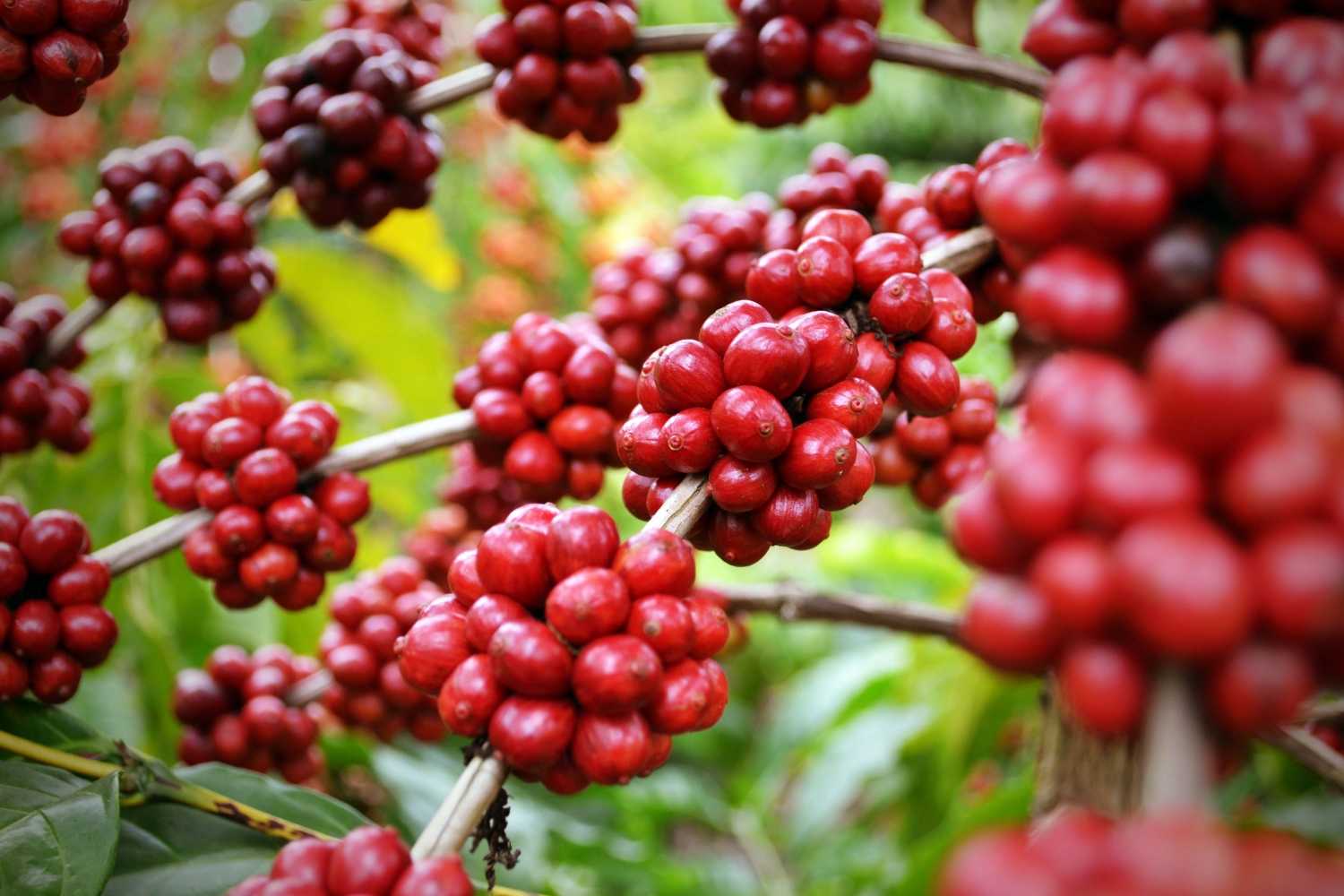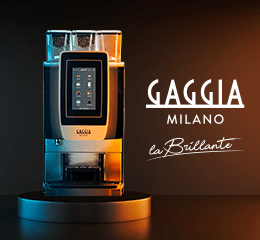SAO PAULO, Brazil – According to the latest report from CEPEA, the prices for robusta coffee increased sharply in the Brazilian market in September, with the CEPEA/ESALQ Index for the type 6, screen 13, Espírito Santo, at around 800 BRL/60-kilo bag at the end of the month – on Sept. 30th, this Index set a nominal record in the series of Cepea, closing at 825.86 BRL/bag (151.90 USD/bag). In real terms, prices are nearing the record too, of 911.10 BRL/bag, set on Nov. 11, 2016 (values were deflated by the IGP-DI from August/21).
Between August 31 and September 30, the CEPEA/ESALQ Index for the robusta type 6, screen 13, Espírito Santo, increased by a staggering 134.85 Reais/bag up (+19.5%).
Robusta prices were influenced by higher demand for the variety in Brazil, the disinterest of sellers in trading the product, the US dollar appreciation against the Real and increases in robusta futures. Abroad, values were influenced by higher demand and logistic issues in Vietnam.
In Brazil, despite the frequent valuations, farmers sold small volumes during the month, due to concerns about the weather and the development of the crops from the 2022/23 season, majorly of arabica crops – it is worth to consider that a new crop failure for arabica coffee would keep high the demand for robusta. Thus, according to Cepea collaborators, robusta sales in the 2021/22 season have reached from 40 to 50% of the output expected for the current Brazilian season.
Arabica
For arabica coffee, prices in Brazil were also boosted by international valuations and the dollar appreciation. Although some deals were closed during the month, sellers made only a few batches available in the national spot market, also concerned about the development of the crops in the 2022/23season, which helped to underpin values. Cepea collaborators reported that arabica sales in Brazil have reached from 35 to 45% of the output from 2021/22. Most of this volume accounts for scheduled deliveries.
On Sept. 30, the CEPEA/ESALQ Index for arabica coffee type 6 (delivered to São Paulo city) closed at 1,136.94 BRL (209.11 USD)/bag, 52.71 Reais/bag up (+4.8%) from that on Aug. 31.
Crops
Rainfall has been low in the major arabica-producing regions in Brazil since March, and many crops were hit by frosts between July and August. According to Climatempo (weather forecast agency), there is a high chance that the La Niña phenomena returns to Brazil this Spring, which would keep rainfall low and temperatures high in southeastern Brazil.














